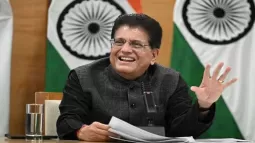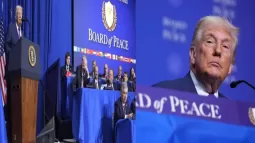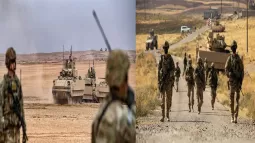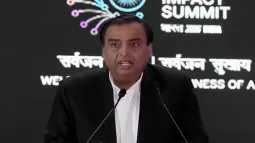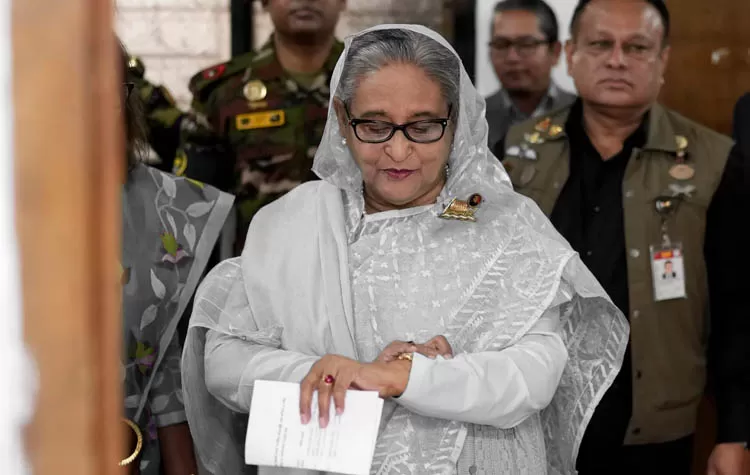
India’s Position
- India has all but turned down Bangladesh's request to extradite former Premier Sheikh Hasina, who is facing a death sentence for alleged crimes against humanity.
- India said they were politically motivated charges without any proven evidence.
- This posture impacts the long-standing relations between the two nations, which have remained stable since Hasina’s first term in 1996 and continued under the governments of Manmohan Singh and Narendra Modi.
- India and Bangladesh have an extradition arrangement, but New Delhi says Hasina's case does not meet the minimum standards for a fair trial. Analysts say India is unwilling to send her back under current conditions. Many domestic political groups in India also strongly support the decision not to deport her.
The Ministry of External Affairs said:
India "has taken note of the verdict" by Bangladesh's International Criminal Tribunal. It added that Bangladesh is India's closest neighbour and that India remains committed to peace, democracy and stability in the region. India will maintain constructive relations with all parties concerned.
Sheikh Hasina has been staying in India since she stepped down on August 5, 2024.
Growing Pressure from Bangladesh
- The interim government, headed by Mohammad Yunus, has increased the pressure on India to return Hasina to Bangladesh.
- Bangladesh's foreign ministry calls Hasina a fugitive, and they claim the verdict by the tribunal follows international legal standards.
- Secretary General of Jamaat-e-Islami Mia Ghulam Porwar said handing over Hasina is India's "duty" as a friendly neighbour.
- He insisted that the trial was open and fair.
- He explained that any country sheltering a convicted person appears to justify the crimes she is accused of committing.
- Bangladesh demands Hasina's immediate return.
The interim government plans to hold elections in February next year. The relations between India and Bangladesh have been tense since the August 2024 coup, and Bangladesh has repeatedly demanded Hasina's extradition. It also criticizes the caretaker government for failing to stop attacks on Hindu minorities in Bangladesh. Bangladesh's Defense Build-Up The caretaker government has hastened efforts to strengthen national defense since it assumed power in August 2024. Bangladesh is renovating several air bases with the help of China. In early 2025, India began work to restore the World War II–era Lalmonirhat air base near the border with Bangladesh. Bangladesh is also strengthening relations with Pakistan. Pakistani military officials, including Lieutenant General Tabassum Habib, have been holding discussions with Bangladeshi military officers for about a year. The discussions involve training cooperation for Bangladesh’s armed forces. General Sahir Shamshad Mirza from Pakistan called on Bangladeshi interim leader Yunus and senior military officials, including representatives from Pakistan's Inter-Services Intelligence. The two discussed defense cooperation and intelligence sharing.

